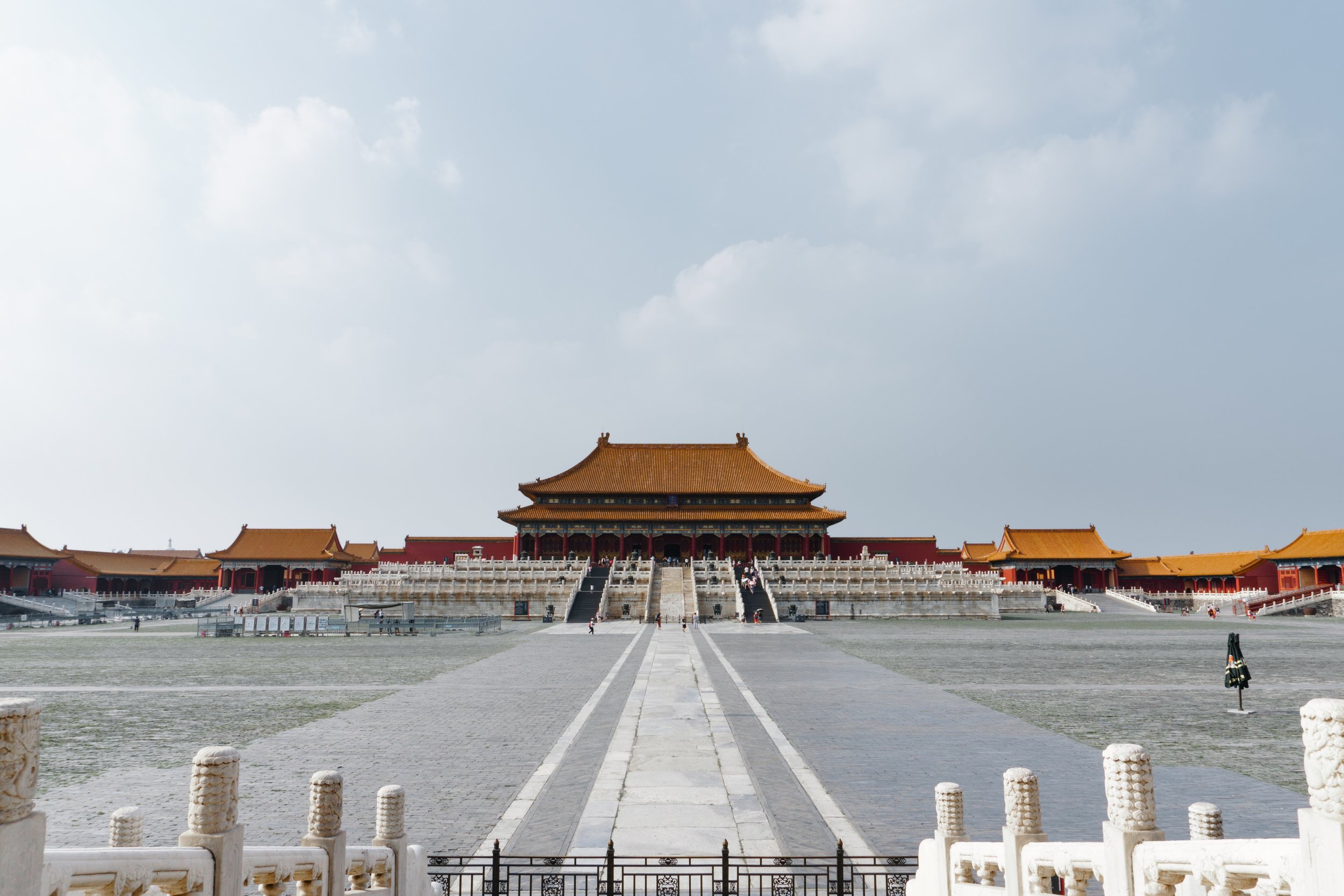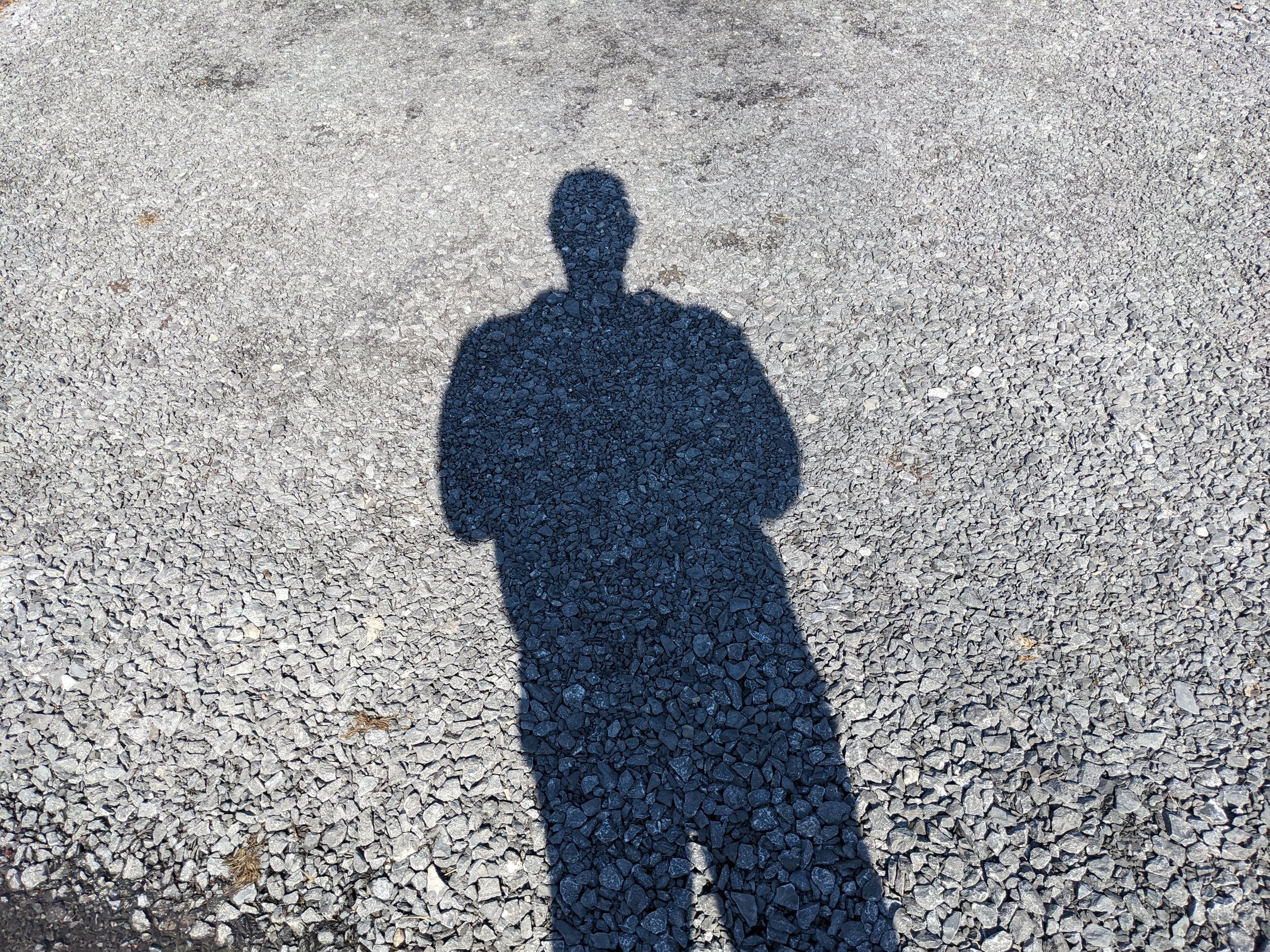Ma Shang

MA SHANG
Chinese, adverb.
Soon.
My brother has always had a patience for things that are hard to understand. He has the temperament for things that take time. When I arrive in Beijing to visit him, he tells me that he’s joined a Heidegger reading group in Mandarin. He asks me what I’ve been reading lately. I tell him: the news.
On the flight to China my mother tells me that she hopes to see what it is exactly about “that place,” that place being China, that’s so magnetic for my brother. Everything seems so difficult, she muses in our first days there. We cross the streets quickly to avoid women whizzing by on motorbikes. We puzzle over hot pot menus. We haggle with the taxi drivers who offer us overpriced rides. Waiguoren, they chuckle. Foreigners.
Everything seems to take more time—mapping the knotted web of hut-lined alleys, learning to maneuver our meals without forks—and I wonder if that’s what appeals to my brother. The demanding nature of it all, the grit. But he doesn’t seem to get anxious about each day’s puzzles. I catch him slowly rereading characters as he brushes his teeth. He’s sinking into life gradually, learning the subway routes and the slang.
“Ma shang is a unit of time you can swim in. It’s not like the seconds we count out on a U.S. clock, each yielding some new headline or digital update. It’s more elastic. It expands, then compresses.”
Photo by Emma Goldberg.
The first slang phrase he teaches me is a unit of time. It’s a unit of time that isn’t exactly a unit of time, because it doesn’t mean anything precise. Ma shang, my brother intones. Direct translation: on a horse. It’s not quite immediate, not quite a while. It can mean ten minutes or two hours. It’s often the answer I get when I ask how soon we’ll eat lunch, or when our next train will arrive. My brother says that like many Chinese phrases, it’s an artifact with ancient roots—an imperial phrase used to describe how long it might take someone to reach the next village over on horseback. Ma shang. Something certainly short of forever.
Wandering alongside Beijing’s canals, we pass groups of old men perched on benches in silence. My brother likes to strike up conversation and ask what’s on their mind. They reply nothing in particular, they’re just passing the time. They aren’t trying to solve for empty minutes. We imagine asking how long they’ll be sitting. Perhaps they’d answer: ma shang. Maybe until dusk, maybe until dinner. Moments wash over their bodies in the haze of October twilight.
My mother and I vow insistently to overcome our jetlag, but even as we adjust to the clocks, our units of time grow ever more Western. It’s just after Brett Kavanaugh’s hearing when we arrive, and we measure out days until the Senate vote. Whenever we get Wifi, we check for new headlines and read aloud tweets.
My brother tells me that in the months since he arrived in China, he’s stopped keeping pace with the breathless American news cycle. This begins to make more sense when we visit Tiananmen Square. He translates the red characters emblazoned above the front gate: The people will reign for 10,000 years.
“People treat time differently here,” my brother tells me. “10,000 years is an important unit. Kind of puts the modern minute to scale.”
Crossing through Tiananmen, we pass under the imposing gates of the Imperial Palace. We ascend a staircase from the Ming dynasty and look out over the towering skyscrapers of modern Beijing. The russet rooftops of the Forbidden City stretch before us, and just beyond them the highways pulse with midday traffic.
My brother tells me that walking the city’s ancient sites, he likes to think of the elderly Beijing residents whose lifespans have encompassed Mao’s rise to power, the Cultural Revolution, the onset of our crazed, smart phone-filled present. Again, kind of puts the American news cycle to scale. A Chinese century, my brother tells me, is just a blip. Dynasties rise and fall, wars are waged and emperors killed. Hours or decades pass while the men sit out by the canals.
Ma shang is a unit of time you can swim in. It’s not like the seconds we count out on a U.S. clock, each yielding some new headline or digital update. It’s more elastic. It expands, then compresses. It’s never quite exact. Like the weight of history, or just ten minutes waiting at a Szechuan joint. Ma shang. It’s what time would be if minutes had texture.
At the end of the visit, my mom and I hug my brother goodbye. “See you in three months,” I say. In Brooklyn, I know the time will pass. Each day will spring toward some next plan or appointment. I picture my brother back in Beijing, reading alongside the waterways and getting lost on new streets. Losing track of time. Holding space, in each moment, for stillness.
ABOUT THE AUTHOR
Emma Goldberg is a writer previously published in the New York Times, USA Today, Salon, ESPN, Forbes, and Haaretz, among other outlets. She writes particularly about politics and gender, and she is based in Brooklyn, New York.
Header photo by Peiheng Yang.












